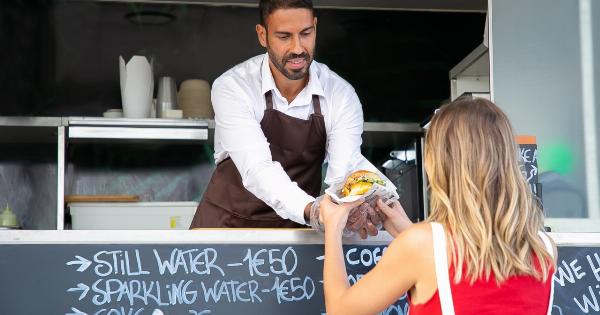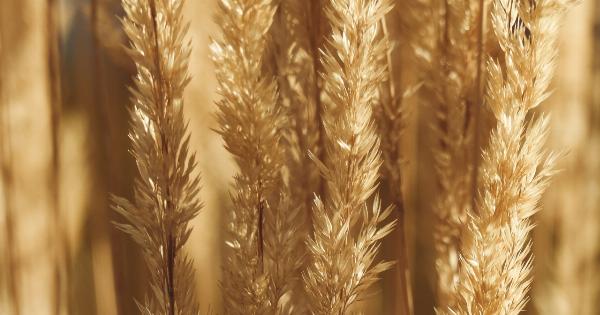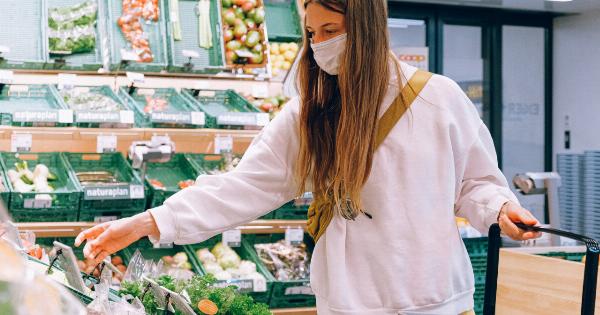Freezing vegetables is a popular method of preserving their freshness and nutritional value. It allows you to enjoy your favorite vegetables all year round and reduces food waste.
However, there is a common misconception that you can freeze previously frozen vegetables without any negative consequences. In reality, freezing vegetables that have already been frozen can have a detrimental impact on their taste, texture, and nutritional content.
In this article, we will explore why you should never freeze previously frozen vegetables and suggest alternative methods to make the most of your produce.
The Science Behind Freezing Vegetables
To understand why freezing previously frozen vegetables is not a good idea, it is important to grasp the science behind freezing. When vegetables are initially frozen, the water inside their cells forms ice crystals.
These ice crystals expand and damage the cell walls, affecting the texture and overall quality of the vegetables. However, the damage caused during the first freezing process is usually minimal, and the loss of nutrients is relatively low.
Effect of Repeated Freezing on Vegetables
Repeated freezing and thawing of vegetables can lead to significant changes in their quality.
When previously frozen vegetables are exposed to the freezing process again, the ice crystals that formed during the initial freezing cycle can grow larger and cause more damage to the vegetable cells. This results in a loss of moisture and a change in texture, making the vegetables limp, mushy, and unappetizing.
Additionally, freezing and thawing vegetables multiple times can cause a loss of nutrients. Vitamins, minerals, and other nutrients are susceptible to degradation when exposed to temperature changes.
The more times vegetables go through the freezing process, the greater the loss of these essential nutrients.
Flavor Concerns
Freezing previously frozen vegetables can also impact their flavor. Vegetables contain enzymes that break down sugars and starches, which play a role in their taste.
When vegetables are initially blanched before freezing, this helps to inactivate these enzymes. However, the blanching process is not as effective in subsequent freezing cycles, causing the enzymes to remain partially active. As a result, previously frozen vegetables may taste bland or have an off-putting flavor.
Alternative Methods for Preserving Vegetables
If you have a surplus of vegetables and want to preserve them for longer, there are alternative methods that will maintain their quality and nutritional content:.
1. Canning
Canning is a great way to preserve vegetables by sealing them in airtight jars. The heat during the canning process kills enzymes and microorganisms that could spoil the vegetables, extending their shelf life.
Canned vegetables can be safely stored for years without a significant loss of flavor or nutrients.
2. Pickling
Pickling is another popular method of preserving vegetables. By immersing the vegetables in a solution of vinegar, salt, and spices, you create an environment that inhibits the growth of harmful bacteria.
Pickled vegetables can add a burst of flavor to salads, sandwiches, and other dishes while retaining their crunch and nutritional value.
3. Drying
Drying vegetables is an ancient method of preservation that removes moisture from the produce, making it less susceptible to spoilage. You can sun dry vegetables or use a dehydrator to speed up the process.
Dried vegetables can then be rehydrated before use or powdered to create flavorful seasoning blends.
4. Freezing Fresh Vegetables
If freezing is your preferred method of preservation, it is best to start with fresh vegetables. Select vegetables at their peak freshness, blanch them to inactivate enzymes, and then freeze them in airtight containers or freezer bags.
Freezing fresh vegetables once will help retain their taste, texture, and nutritional value.
5. Sharing with Others
If you find yourself with an abundance of vegetables that you cannot immediately consume or preserve, consider sharing them with friends, family, or neighbors.
Giving away fresh produce allows you to reduce food waste and spread the joy of homegrown vegetables.
In Conclusion
While the idea of freezing previously frozen vegetables might seem tempting, it is best to avoid this practice. Freezing vegetables that have already been frozen can result in loss of texture, flavor, and nutrients.
Instead, explore alternative preservation methods such as canning, pickling, drying, or freezing fresh vegetables. By choosing the right preservation technique, you can enjoy the taste and health benefits of vegetables throughout the year.































